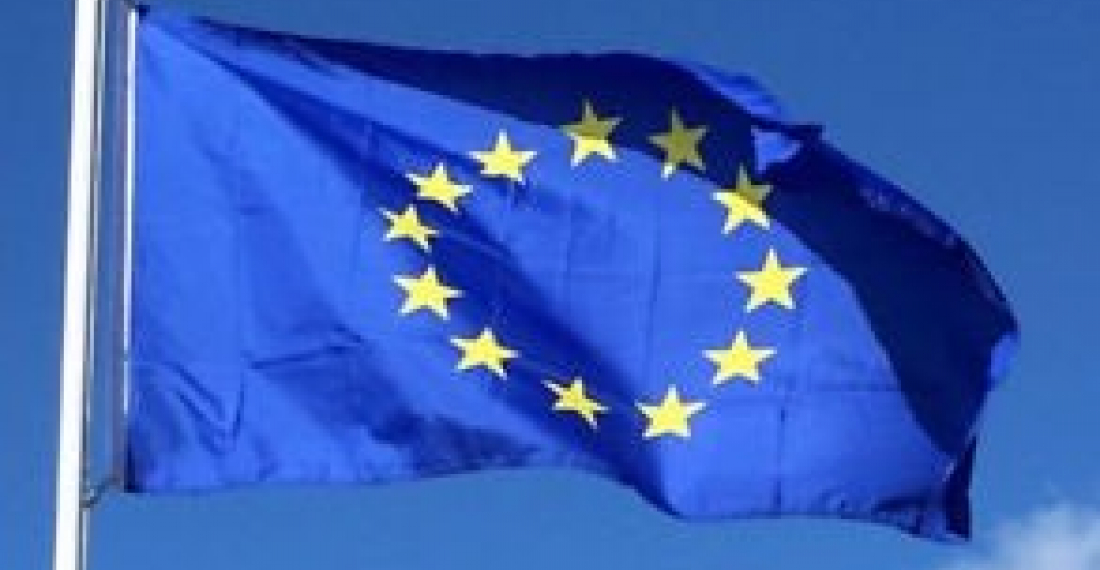"The world doesn’t need a new arms race that would benefit no one and on the contrary would bring even more instability". This was stated by the Spokesperson of the European External Action Service in a statement on the Treaty on Intermediate-Range Nuclear Forces in Europe, issued in Brussels on Monday (22 October).
The statement said that "the Treaty on Intermediate-Range Nuclear Forces in Europe (INF) contributed to the end of the cold-war and constitutes a pillar of European security architecture since it entered into force 30 years ago.
Thanks to the INF Treaty, almost three thousand missiles with nuclear and conventional warheads have been removed and verifiably destroyed. The Treaty is also an important contribution to disarmament obligations under Article VI of the Nuclear Non-Proliferation Treaty.
The United States and the Russian Federation need to remain engaged in constructive dialogue to preserve the INF Treaty and ensure its full and verifiable implementation which is crucial for Europe's and global security.
While we expect the Russian Federation to address serious concerns regarding its compliance with the INF Treaty in a substantial and transparent way, we also expect the United States to consider the consequences of its possible withdrawal from the INF on its own security, on the security of its allies and of the whole world."
"The world doesn't need a new arms race that would benefit no one and on the contrary would bring even more instability", it concluded.
source: commonspace.eu






